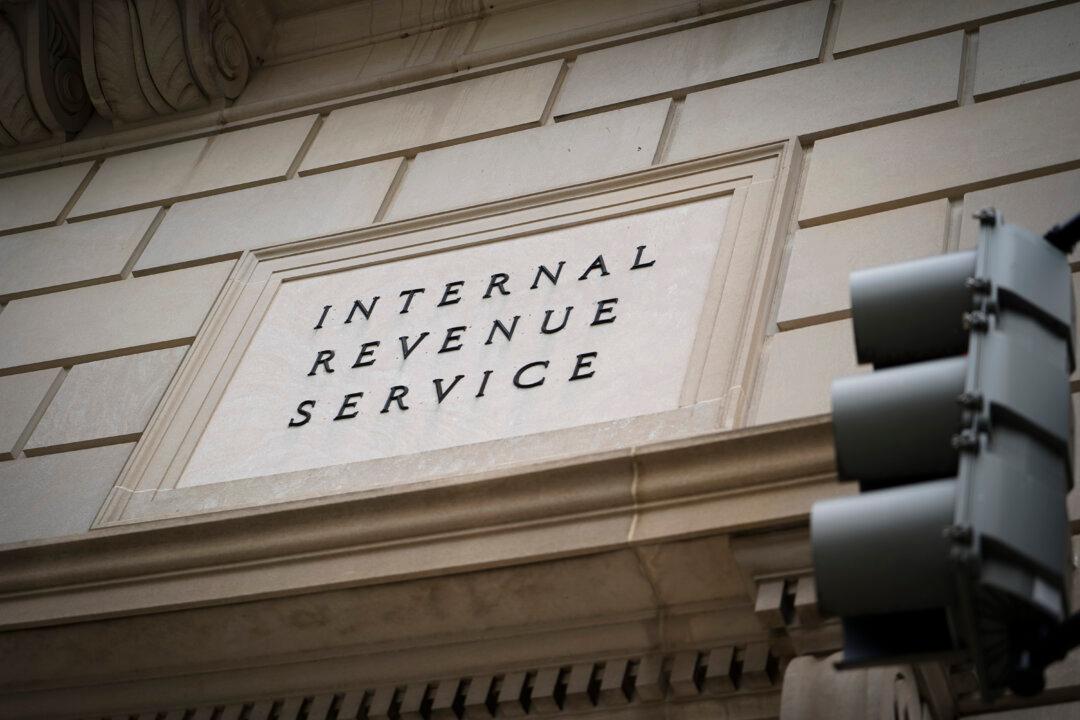The IRS announced establishing a new division targeting “pass-through” entities, which the agency claims will hold America’s wealthiest tax filers “accountable.”
A pass-through entity is a business that does not pay tax on its revenues. Instead, its income is passed on to owners of the business, who then file taxes based on their individual tax rate. Pass-through entities help proprietors avoid the issue of double taxation when the income is taxed at the business level and then at the individual level when they receive dividends. On Wednesday, the IRS announced plans to “establish a special area to focus on large or complex pass-through entities,” according to a Sept. 20 press release.





